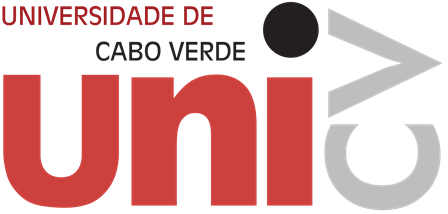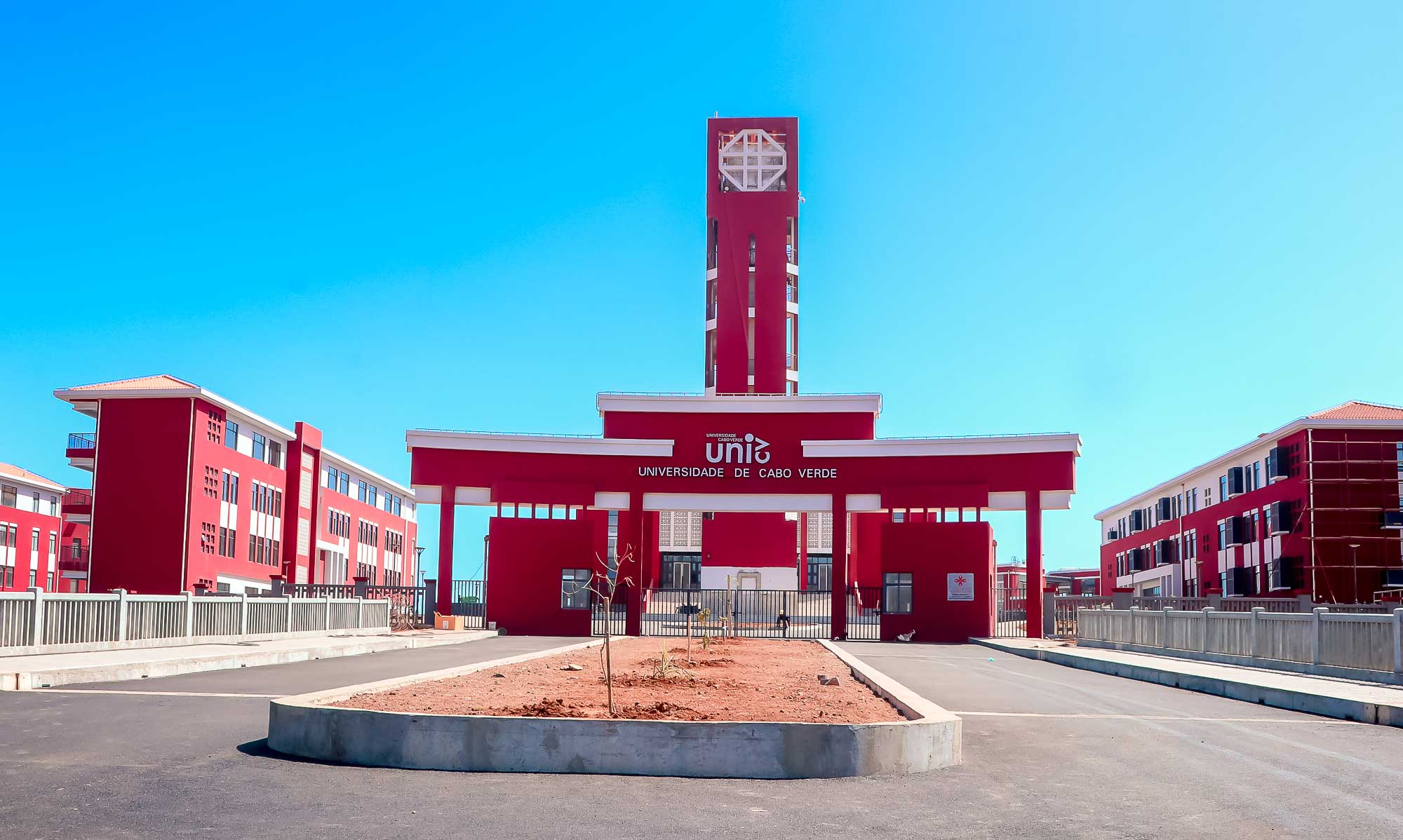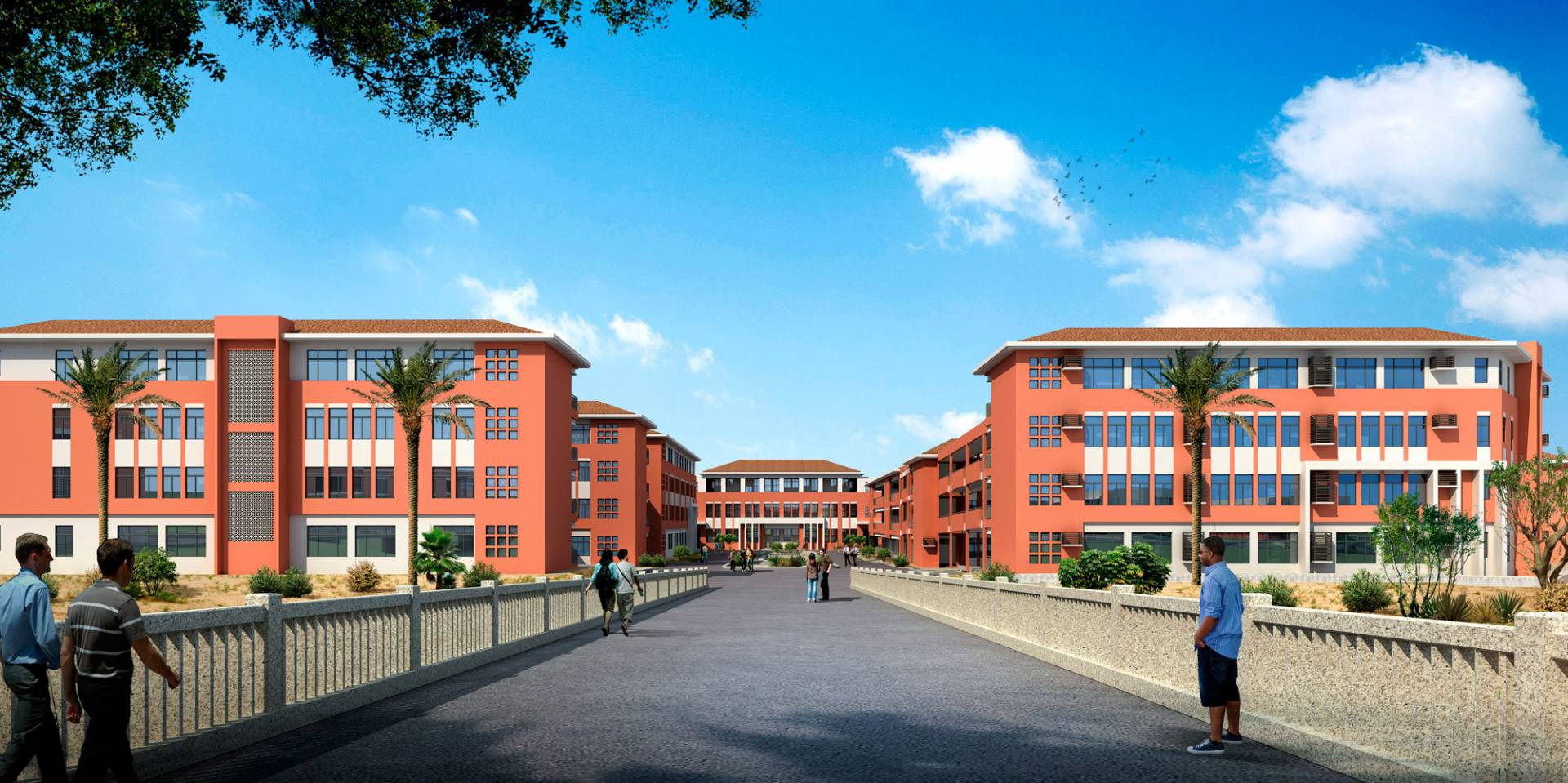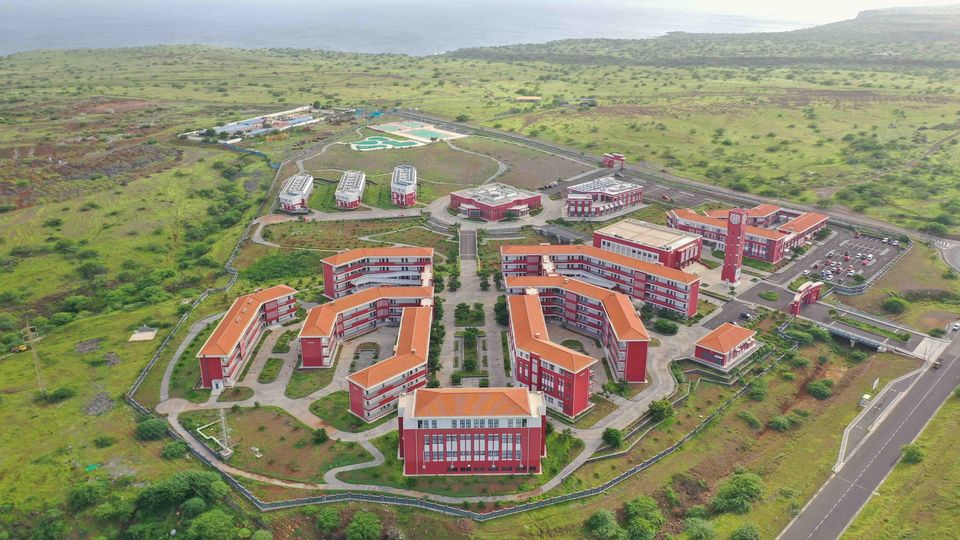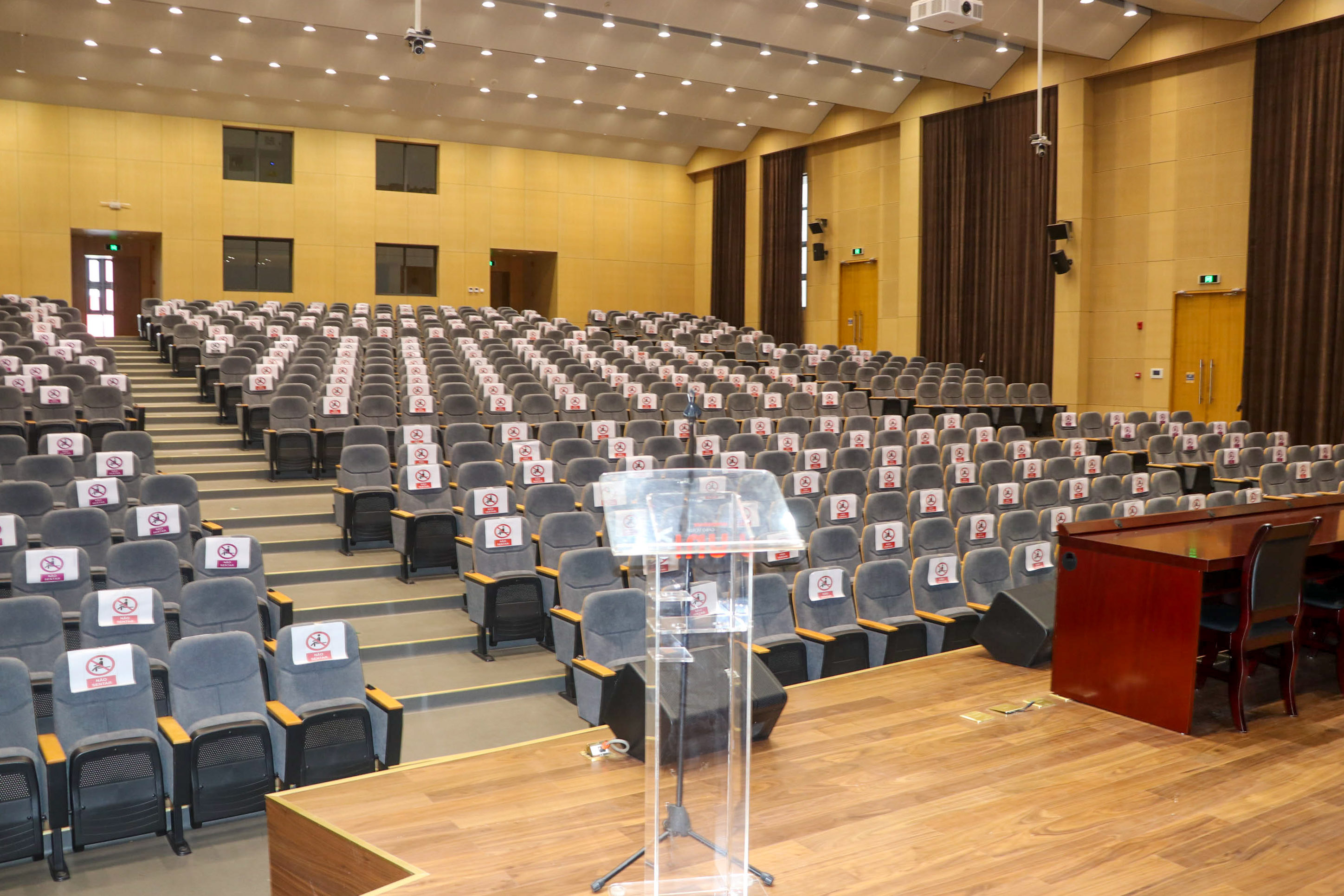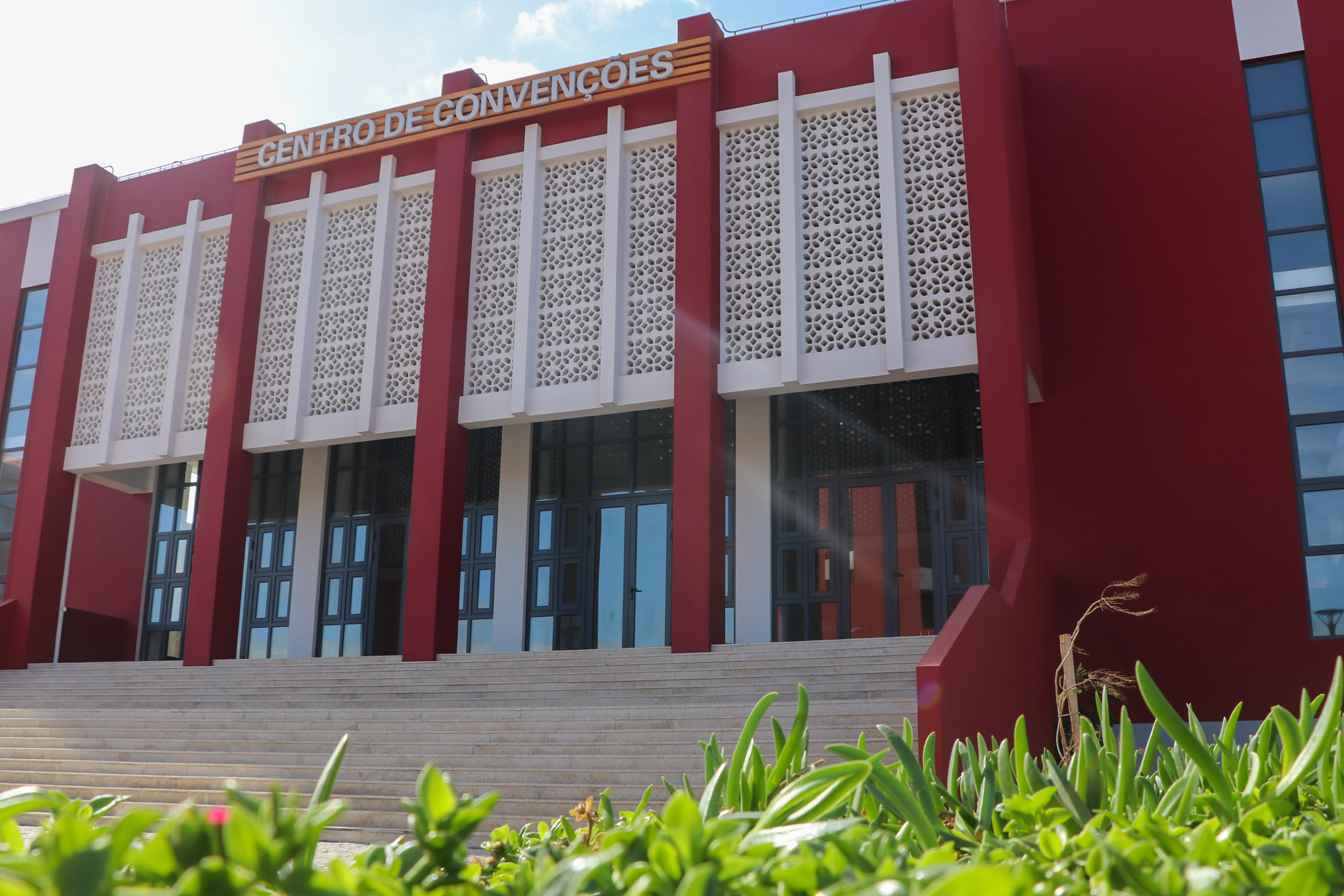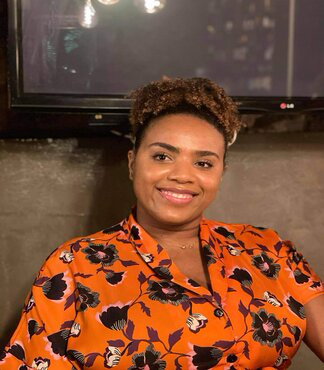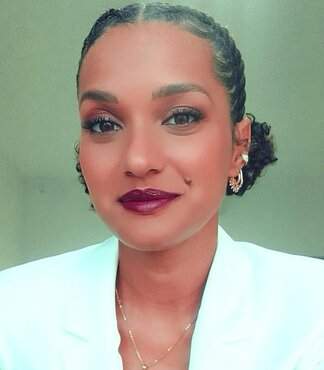UNIVERSIDADE DE CABO VERDE (UNICV)
Project beneficiary partner
-
Country
Cape Verde
-
Web
Description
University of Cabo Verde (Uni-CV) is a public Higher Education institution, located in west Africa, in the Republic of Cabo Verde, dedicated to the training of new generation of women and men in the process of learning and acquiring new skills.
The university also aims in the creation, diffusion and promotion of culture, science and technology. Uni-CV articulates teaching, research and extension to promote human development, as a strategic factor of the sustainable development of the country. Uni-CV`s vision is to invest in the scientific, technological, and cultural development of the Cabo Verdean society to promote national sustainability in the context of global globalization. The University of Cape Verde (Uni-CV) is the largest university in Cape Verde, with almost 50% of the total number of students enrolled in higher education in the country. It is among the top 100 African universities and is the fifth best university in Portuguese-speaking African countries.
Uni-CV collaborates with more than 200 international partners from 26 countries. It is part of 24 international networks and participates in various national and international research projects, including student and staff mobility programs such as Erasmus+ and AULP. In terms of infrastructure, Uni-CV has: 61 classrooms; five auditoriums, each with a capacity of 150 seats; eight computer rooms; eight reading rooms; 34 laboratories; a Convention Center with a capacity for 654 people; administrative buildings; dining halls; a library; dormitories with 142 rooms (382 beds); and sports facilities. Despite being a young university (17 years old), Uni-CV is involved in several international projects with the aim of attracting public and private funding.
The Uni-CV Strategic Plan clearly defines the importance of enhancing international partnerships and international mobility for the implementation of training projects, especially in postgraduate studies. The Research and Extension programs are all supported in partnership projects with researchers from partners universities.
Increasing the internationalization of the university’s courses by strengthening the institution’s presence in international partner networks and in academic and research mobility programs – `in` and `out` – is one of the institutional development strategies.
One of the goals of the Strategic Plan is the creation of Research Centers, in partnership with partner universities. This can be accomplished through the mobility programs, as they promote contact between researchers. Uni-CV is composed of 5 training units with a total of 36 Bachelor Programs, 16 Master Programs, 4 Technical vocational courses and 3 PhD Programs dispersed in two islands. Uni-CV has over 4369 students, 556 of permanent teaching staff and 180 part-time teaching staff. In undergraduate and graduate programs distributed across 5 faculties and schools: Faculty of Social Sciences, Humanities and Arts; Faculty of Science and Technology; Faculty of Education and Sports; School of Business and Governance; Faculty of Agricultural and Environmental Sciences. The tendency is that the university grows each year in number of students, academic offer, and the number of staff.
